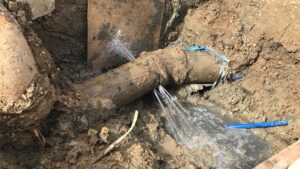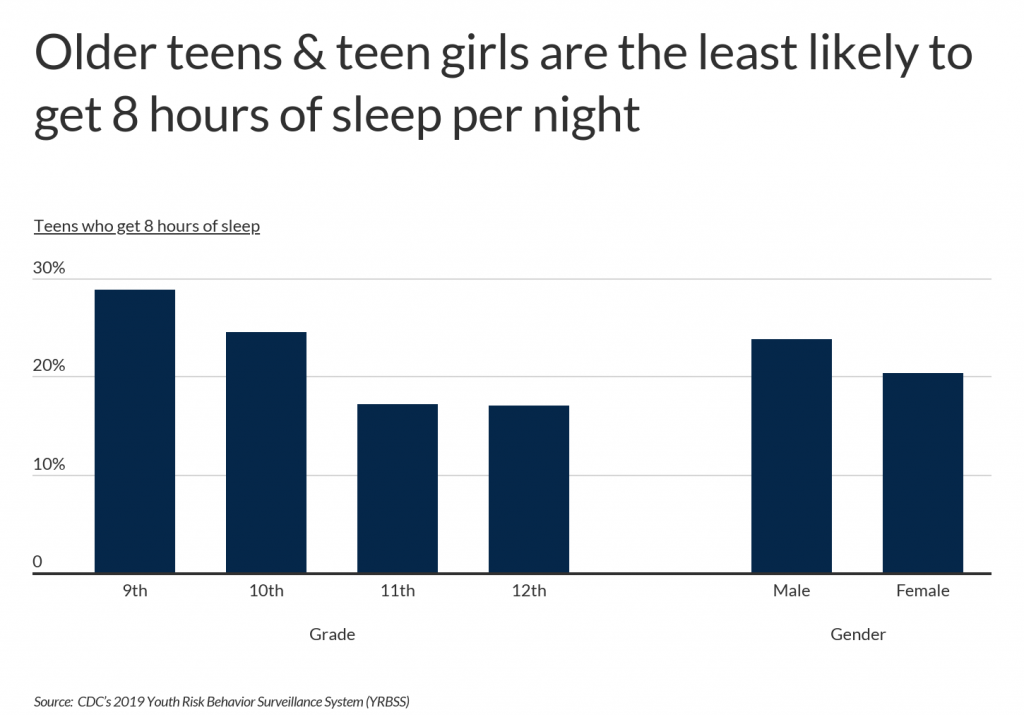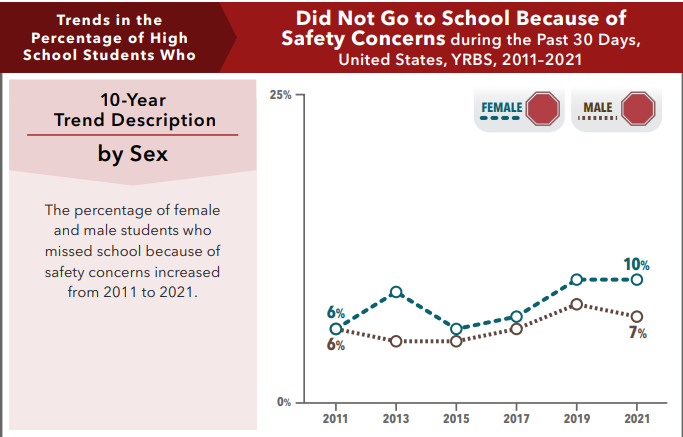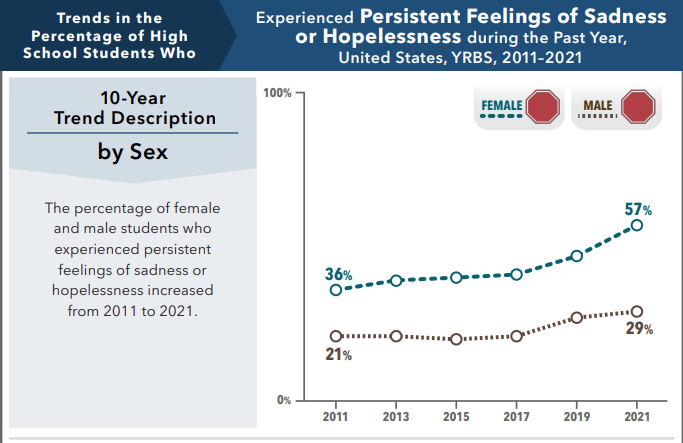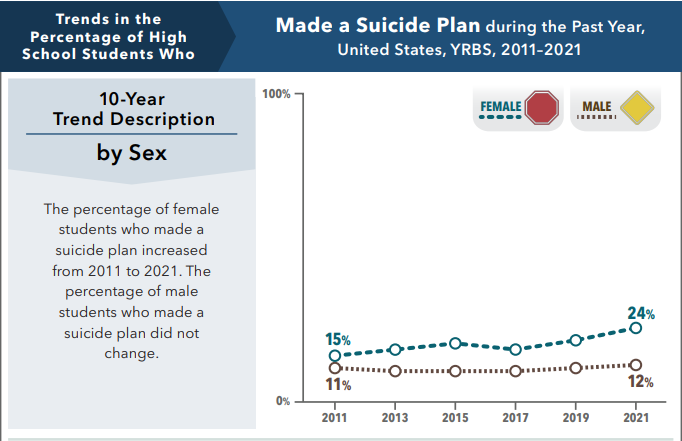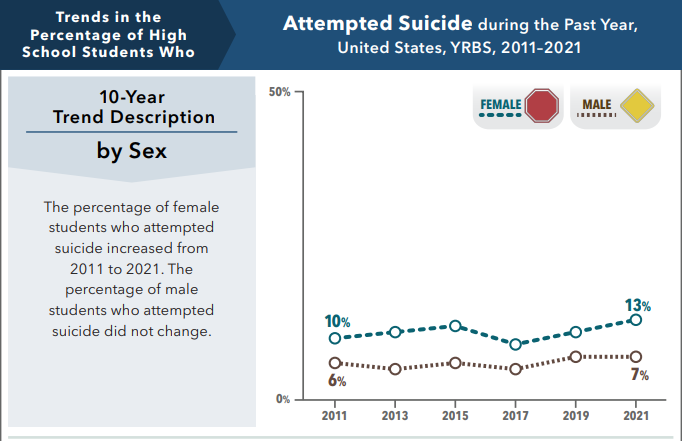Before checking this thread this morning, it came to mind that several dozen pages back, I had mentioned the industrial grain milling complexes in the Roman Empire. More and more Roman industrial complexes have been discovered recently. A reasonable question would be that if the Romans were moving forward with industrial technology, why did they collapse? What were the factors that were causing them to move backward?
I don't know the answer to those questions. I can only speculate. It might be that it was some form of overreach, that the Romans weren't focusing on protecting the core of their civilization and were instead getting too far ahead of themselves with technologies that were draining resources away from the core. I suspect that's the case.
So, to answer the question, the technologies I fear are any technologies that serve to drain resources away from the core, necessary functions required to sustain our civilization.
From the recent post by the Archdruid (again):
The costs of creating capital are generally well accounted for in complex human societies, but the costs of maintaining capital? In theory, sure; in practice, not so much. The more complex a human society becomes, the more of its resources and its existing capital have to be put into the process of maintaining its capital stocks. Some old capital gets turned into waste—buildings are torn down, ghost towns are abandoned, kerosene lamps end up gathering dust in junktique malls—but much of it remains in place because the costs of replacing it are too high. Consider the water pipes under New York City, which are so old and dilapidated that at least a quarter of the water that goes into the system leaks out before it reaches anyone’s tap. Could they be replaced? Not without digging up most of the city at fantastic cost.
I've mentioned this problem and other related problems like cross contamination of leaking sewage and drinking water pipes. A solution is not out of reach, but sufficient resources aren't being directed toward a solution.
One part of imperial America’s capital stock, decaying in the usual manner.
Side note:
Wary would be the more accurate characterization.As adjectives the difference between wary and afraid is that
Wary is cautious of danger; carefully watching and guarding against deception, artifices, and dangers; timorously or suspiciously prudent; circumspect; scrupulous; careful
While afraid is impressed with fear or apprehension; in fear.
